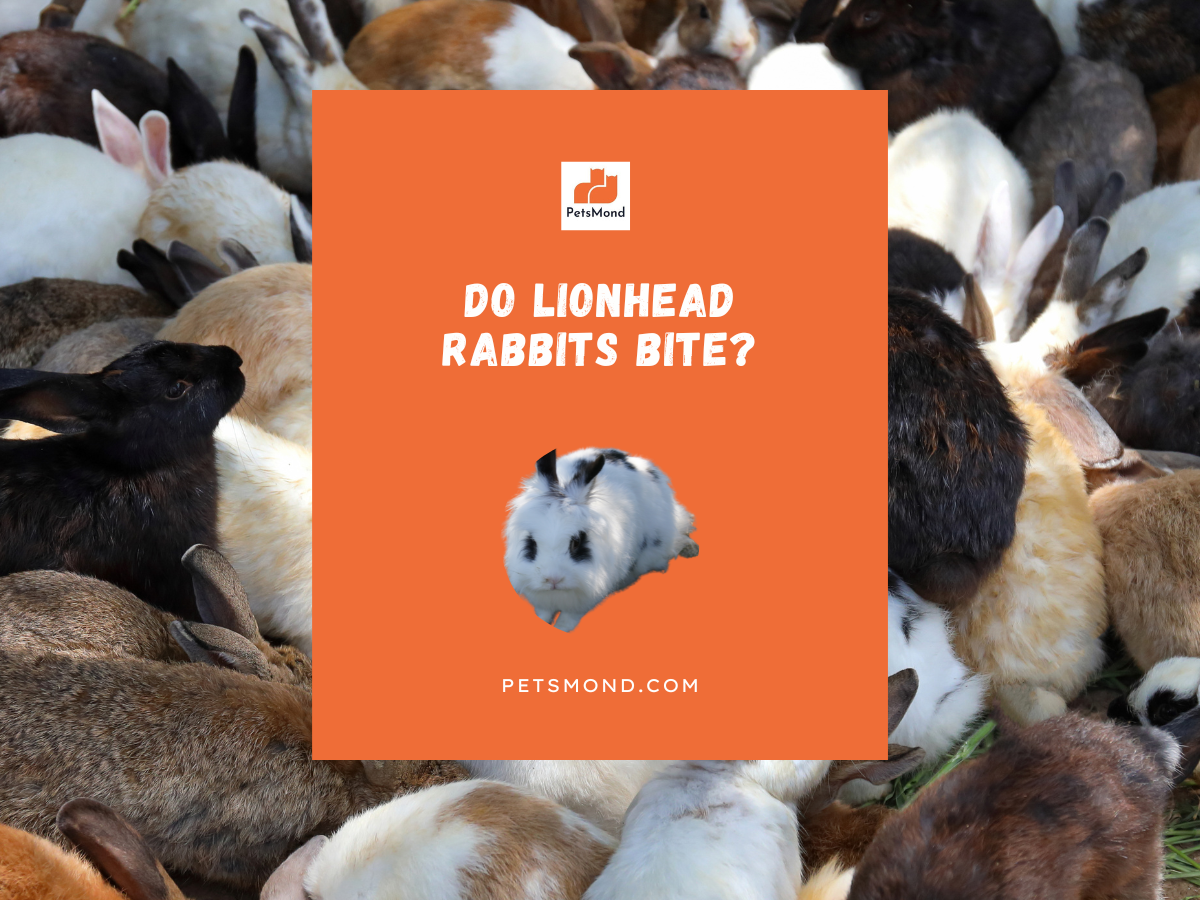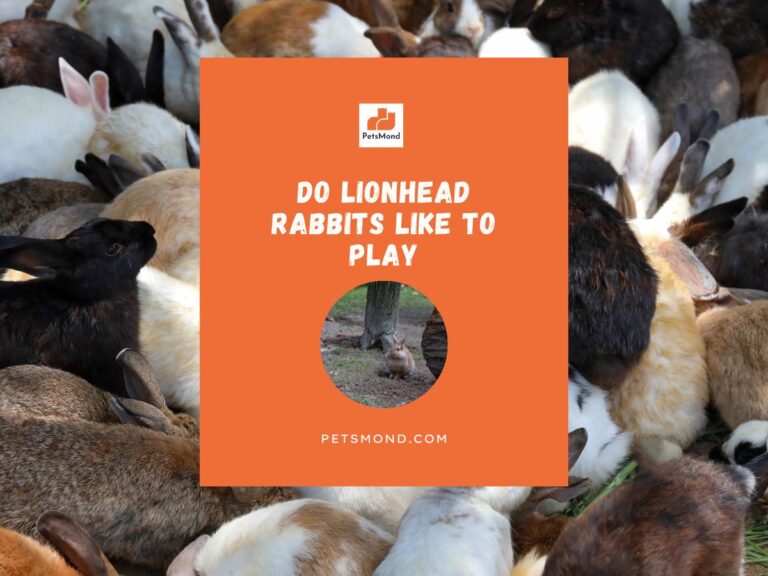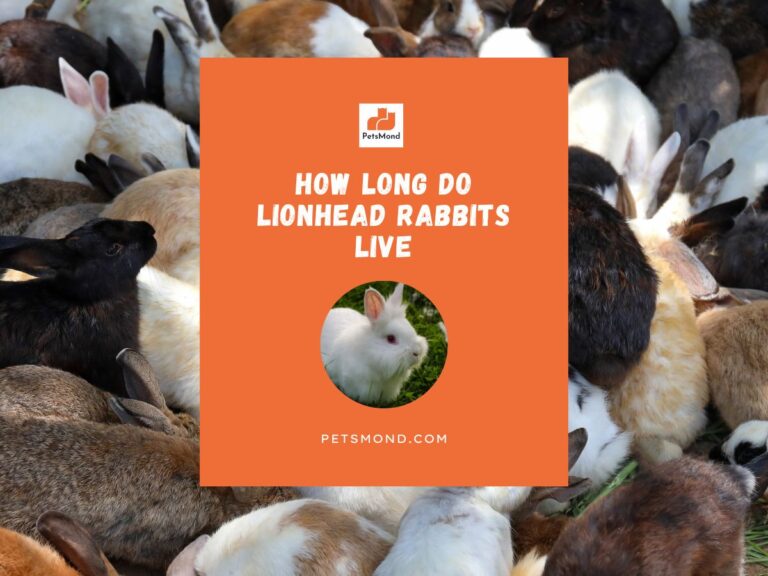Do Lionhead Rabbits Bite? (Bite Force Compared)
Raising a rabbit isn’t easy. When I began fostering and raising different rabbit breeds, I’ve always tried to expand my knowledge so I know better about them. One of those interesting subjects is the biting nature of rabbits. As most rabbit owners have asked me about it, I thought I’d answer about the biting nature with respect to lionhead rabbits.
A lionhead rabbit can bite if felt intimidated by sudden environmental changes. However, with a bite force of around 70 N, a lionhead rabbit’s bite can only create a mark. A harsh bite can result in bleeding. A booster is recommended if it turns into an open wound.
If you’d like to know more on this subject, I’ve detailed it for you addressing these sections:
- Bite force of a lionhead rabbit
- Why do lionhead rabbits bite?
- How to stop lionhead rabbits from biting?
Bite Force Of A Lionhead Rabbit
The average bite force of a Lionhead rabbit is around 15-70 Newtons. This is much softer than that of an adult human, who normally has a bite force of around 120 to 140 Newtons. The difference in strength mainly comes down to the fact that rabbits are herbivores and have smaller teeth designed for nibbling on vegetation.
You shouldn’t be much worried when a lionhead rabbit bites you because the pain is momentary.
| Animal | Bite Force (Newtons) |
|---|---|
| Rabbit | 15-70 |
| Cat | 200-500 |
| Dog | 13-600 |
| Ferret | 48-60 |
| Guinea Pig | 6-10 |
Note: Please note that these values are approximate and can vary depending on the size and breed of the animal.
Biting vs. Nibbling by Rabbits
Nibbling is a communication gesture while biting is aggressive and forceful. Nipping isn’t intended to cause much harm or pain and is used to convey dominance, mild displeasure or minor annoyance. On the other hand, biting is intended to cause harm and is forceful.
My rabbits have always shown different ways to communicate with me. Sometimes, I used to get confused about the exact message they’d like to convey. As a rabbit owner, I’m certain we need to learn their common behaviors and body language.
When a rabbit bites, its teeth will be wide open, and it will clamp them down leaving teeth marks. In addition, reddit.com suggests that nibbling is gentle and can be a sign of grooming or simply liking the smell and taste left on your fingers.
Here’s an interesting video on this subject:
Why Does My Lionhead Rabbit Bite
A lionhead rabbit displays biting behavior due to one of these reasons – fear, hunger, hormonal change, territorial need, and poor socialization. When the rabbit feels unsafe or need to protect their self, biting is one of the common defending behaviors.
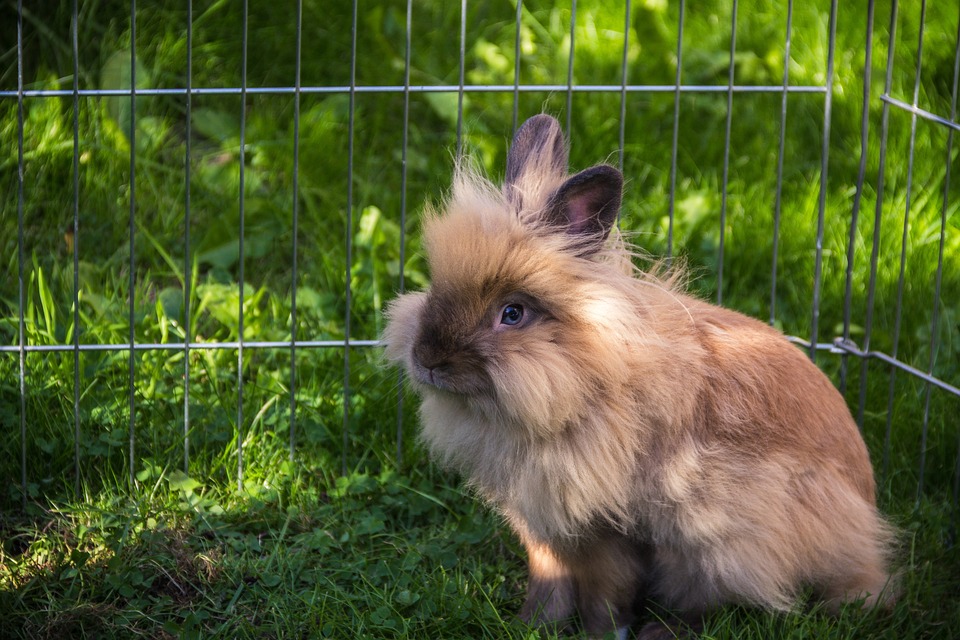
Fear
A lionhead rabbit can bite out of fear, especially when it is confronted with a new and unfamiliar situation or person. This can be caused by the rabbit’s lack of experience in dealing with people, or a lack of socialization.
The rabbit may also become fearful if it has been handled too roughly or aggressively in the past by an unfamiliar person. The fear response causes the rabbit’s adrenal glands to release adrenaline, which triggers an instinctual fight-or-flight reaction that results in the rabbit biting as a defensive reaction.
Hunger
A lionhead rabbit can also bite out of hunger. Rabbits are herbivores that require high levels of dietary fiber for optimal health. If their diet lacks adequate fiber, they may become hungry more frequently and display aggressive behavior like biting as a result.
Another factor that can contribute to hunger-induced aggression is if the rabbit isn’t able to access food easily enough due to a lack of adequate feeders in its enclosure.
Hormonal Change
Hormonal changes can also cause lionhead rabbits to become aggressive and bite people or other animals. During mating season, male rabbits’ hormones spike, which can lead to an increase in territorial behavior and aggression towards strangers and other animals near their territory.
In addition, female rabbits undergoing pregnancy or nursing young may experience hormonal changes that make them more irritable and prone to biting as well.
Territorial Need
Territoriality is another common reason why lionheads might bite people or other animals. Rabbits are naturally very territorial creatures and will guard their area against any perceived threats, whether real or imagined.
In some cases, the presence of another animal near its enclosure could trigger the rabbit’s territorial instincts and cause it to lash out at whatever is nearby with a bite as its primary form of defense against potential predators.
Poor Socialization
Poor socialization can also be a contributing factor for lionhead rabbits biting people or other animals they come into contact with. If the rabbit isn’t used to being around humans or other animals on a regular basis, it won’t be familiar enough with them for interaction without feeling threatened and becoming aggressive as a result.
For this reason, it’s important to ensure your pet is properly socialized from an early age so it feels comfortable interacting with humans and other animals without resorting to biting as its primary means of defense.
How To Stop A Lionhead Rabbit From Biting You
To stop a lionhead rabbit from biting you, try these methods – adequate socialization, a healthy diet, a comfortable environment, and a clean hutch. If these solutions haven’t worked out, taking to a vet is the final resort to determine underlying health conditions.
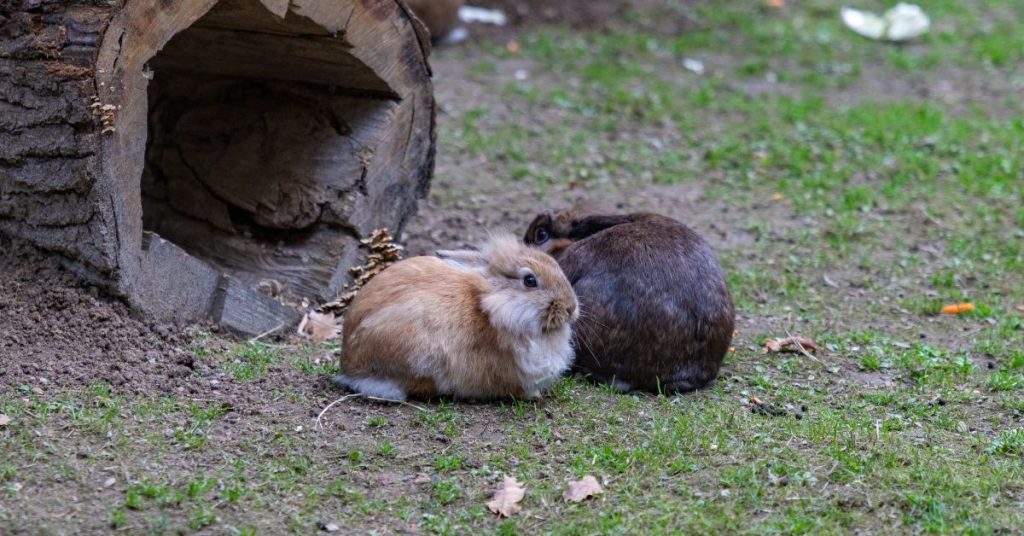
To stop my rabbit from biting out of aggression, I’ve tried various approaches and the ones that worked are listed below.
Adequate Socialization
It is important to ensure that your lionhead rabbit has been properly socialized from a young age. This can involve gradually introducing them to new people and environments so they become more comfortable and less likely to bite out of fear or stress.
Healthy Diet
A balanced diet is essential for rabbits, as it helps keep their teeth and fur healthy. Make sure that you are feeding them plenty of fresh vegetables, hay, and other appropriate foods so that they have all the nutrients they need. This will help prevent any aggression due to nutrient deficiencies.
Comfortable Environment
Rabbits need an environment that is safe and secure in order for them to feel relaxed and calm. Provide your lionhead rabbit with plenty of hiding spots as well as toys, tunnels, and chew toys to keep them entertained. This will reduce the chances of biting out of boredom or aggression.
Clean Hutch
Keeping your rabbit’s hutch clean is essential for their overall health and well-being. If their living space smells bad or if there is too much waste buildup, your rabbit may become stressed or anxious which might lead to biting behavior. Make sure to clean out the hutch at least once a week in order to maintain a healthy environment for your pet.
How To Treat A Bite From Lionhead Rabbit
First, wash the area with mild soap and warm water. Then apply an antibiotic ointment (Betadine preferably) and cover the injury with a bandage to prevent infection. If the bite becomes inflamed or causes severe discomfort, consult your doctor for additional treatment.
In general, you really don’t have to worry much until the bite leaves deep cuts or blood stains on your skin. It’s a rare case and is a clear evidence of irritation about something. You should intervene immediately.
When you’re bitten by a lionhead rabbit, it’s essential to look at the environment and make necessary changes. On the other hand, while rabbits don’t spread diseases, taking booster shots for severe bites is still recommended.
Here’s a video where the person is bitten by a rabbit and you can look at how it’s being addressed:
FAQ
Is It Okay If A Rabbit Bites You
Biting is a form of aggression in rabbits, and it can be a sign that the rabbit is feeling threatened, anxious, or distressed. While rabbits may not have a particularly strong bite force compared to some other animals, they can still cause injury if they bite hard enough or if the bite becomes infected.
Ensure that you’ve the rabbit’s environment clean, safe, and free from sudden noises and pollutants. Build proper relationships, and it can help your rabbit in the long run.
Does A Lionhead Rabbit’s Bite Hurt
Lionhead rabbits have sharp teeth, so their bites can be quite uncomfortable. It’s best to practice proper handling techniques when interacting with your rabbit to avoid any unwanted bites.
In rare cases, you may need a vaccine shot to treat the severe bite. Otherwise, it’s usually treatable.
Can Lionhead Rabbits Bite Each Other
Rabbits may engage in biting behavior for a range of different reasons, such as asserting their territorial dominance, expressing displeasure, or communicating with one another. This type of behavior is normal and healthy if it’s rare, as it helps in building relationships.
If there are any signs of aggression when a rabbit bites another, this could indicate that there is an issue that needs to be addressed. It is important to look out for any warning signs, such as the rabbit showing excessive insecurity or hostility, and seek professional help from a vet or animal behaviorist if necessary.
Biting may also be used by rabbits between two unfamiliar individuals to test each other out and build trust gradually over time. In some cases, it could also just be an expression of curiosity and playfulness between two friendly rabbits.
Related Articles

